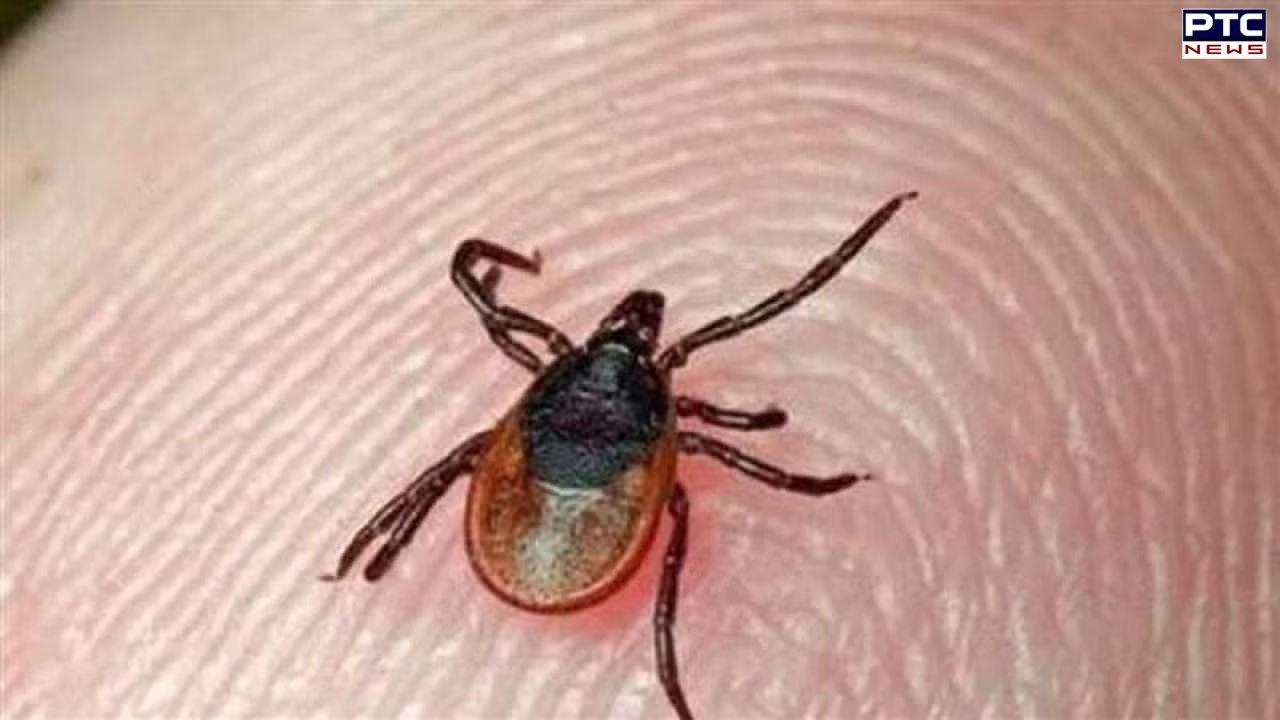

Jodhpur woman dies of Congo fever, health department on alert; know symptoms, do's and don'ts
PTC News Desk: A 51-year-old woman from Jodhpur died of Congo fever on Wednesday in an Ahmedabad hospital. Rajasthan's medical and health department issued instructions for disease prevention and protection across the state, according to officials.
The woman's sample tested positive in the study done at the National Institute of Virology in Pune. She was receiving treatment at the NHL Municipal Medical College in Ahmedabad.
Dr. Ravi Prakash Mathur, Public Health Director, stated that the Chief Medical and Health Officer of Jodhpur has been asked to prevent the infection by sending a rapid reaction team to the affected area.
This is reminiscent to the 2019 incident, when two people in Jodhpur died from the same illness. Following the current incident, the health department is on high alert.
What is Congo fever?
Congo fever, also known as Crimean-Congo hemorrhagic fever, is a viral disease spread by ticks on domesticated animals such as cows, buffaloes, goats, and sheep. People who have contact with these animals are more likely to get the virus.
The disease was originally found in Crimea in 1944 and then in the Congo in 1969. It is mostly found in West and East Africa and has a high death rate, with 30 to 80 percent of infected people dying.
Congo fever - Symptoms
Congo fever symptoms include a sudden high fever, eye irritation, sensitivity to light, dizziness, and severe muscle pain. Other symptoms include back pain, nausea, and hoarseness. As the infection grows, blood platelet count decreases significantly.
To prevent and manage Congo fever (Crimean-Congo Hemorrhagic Fever), it is critical to adhere to safety measures, particularly in areas or professions that include contact with livestock or potential exposure to tick bites.
Here are some important do's and don'ts:
Do's
Wear Protective Clothing: If you work on or around farms, wear long-sleeved clothing, gloves, and boots to reduce tick exposure.
Use Tick Repellents: To keep ticks away, use insect repellents to your skin and clothes, especially ones containing DEET.
Inspect for Ticks: Check your body, pets, and livestock for ticks on a regular basis, especially after spending time in regions with tall grass or animals.
Maintain Good Hygiene: Wash your hands thoroughly with soap and water after handling animals, animal products, or meat.
Use Proper Animal Handling Methods: When handling or slaughtering animals, wear gloves, especially in places where Congo fever is common.
Isolate Infected Individuals: If someone has Congo fever, they should be isolated to prevent the virus from spreading to others.
Seek Medical Help Right Away: If you get symptoms such as a high fever, muscle pain, or other flu-like symptoms after being exposed to ticks or livestock seek medical attention immediately.
Don'ts
Avoid Direct Contact with Blood or Tissue: Wear protective gear when handling blood, tissues, or fluids from infected animals or persons.
Do not touch ticks with your bare hands: If you find a tick on your skin, remove it with tweezers or protective gloves. Do not squeeze ticks between your fingers.
Avoid Close Contact with Infected Patients: Unless you are a medical expert wearing appropriate protective equipment, keep a safe distance from anyone who is exhibiting Congo fever symptoms.
Do Not Consume Raw or Undercooked Meat: Eat meat from potentially sick animals only after it has been completely cooked.
- PTC NEWS
